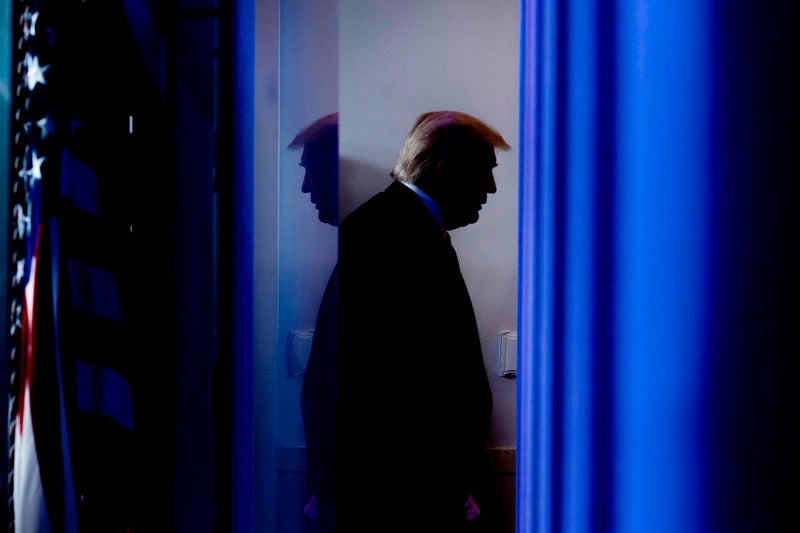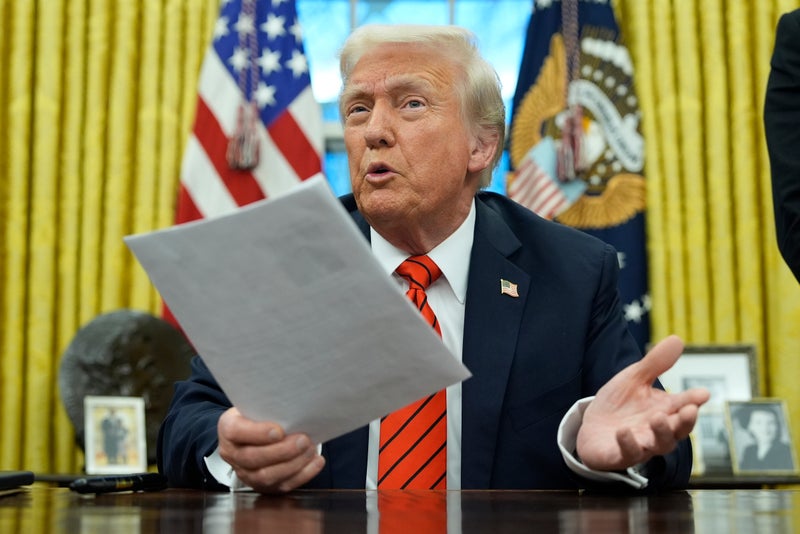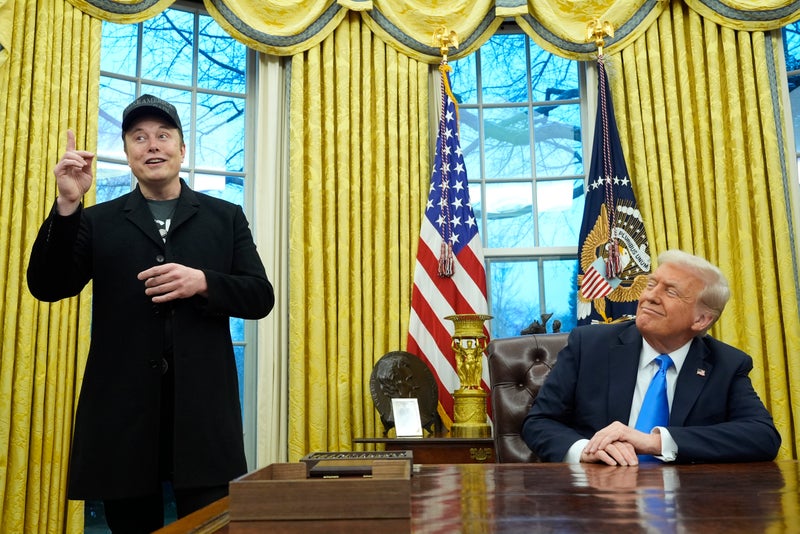President’s order means a race to the bottom rigged against US, argues anti-corruption watchdog Transparency International. Bribery is not a victimless crime. Stories listing the amount paid or the fine imposed can make them sound more like distasteful financial transactions, but they have harmful – sometimes deadly – outcomes.
Bribes have been paid to building inspectors to ignore safety violations later cited in catastrophic collapses, and to officials to ignore worker standards that result in disabling and lethal outcomes. They have even helped divert weapons into the hands of rogue and dangerous actors.
So when the US president, Donald Trump, signed an executive order last week calling on his justice department to suspend enforcement of the nation’s flagship foreign anti-bribery law, it raised serious concerns among those who have witnessed the diversion of resources and other devastation caused by corruption.
The US Foreign Corrupt Practices Act, passed in 1977 with strong bipartisan support, was a landmark achievement, and subsequent recognition of the potential advantages of a bribery-free global marketplace spurred dozens of other countries to adopt similar laws. Since then, although enforcement has been uneven, the benefits are widely acknowledged, so much so that anti-bribery mandates have been written into several multilateral agreements.
The reasoning behind the executive order was, essentially, to “level the playing field” for American multinational businesses that must compete in overseas markets with companies from less well-regulated countries. The solution to that challenge, however, is not a race to the bottom but a push to the top.
US companies – as well as US workers and citizens of affected countries – are not going to “win” by out-bribing the competition. American firms are better able to compete when playing on familiar grounds that include markets with transparent governance, the rule of law, independent and fair judicial systems and merit-based decision-making mechanisms. Rigged systems are more likely rigged against the interests of US and other rule-of-law countries.
Setting aside, for a moment, the immediate dangers of bribery to local populations, the executive order will create greater uncertainty, confusion and potential liability for US businesses. These companies have invested, collectively, billions of dollars in developing compliance programmes over many years. They have built up expertise and developed sophisticated systems for identifying and evaluating risk. The compliance teams they have put in place have knowledge that is developed only with time and experience. Dismantling all of that when a future administration may revert to more active enforcement is a costly risk.
Bribery demands can delay or prevent US businesses from opening new overseas markets. In private discussions, we have heard several examples of companies setting aside investment dollars only to wait for the permits or licences to clear. Delays, due to multiple and recurring bribery requests, leave those dollars sitting in unproductive accounts while losing value.
In some cases, investments in infrastructure were made in a country but complications from bribery and corruption ultimately chased those companies away, forcing them to absorb substantial losses. Apparently, one cannot count on honour among thieves. As a result of these difficulties, businesses are increasingly recognising the value of transparent and accountable governance. For example, an alliance of businesses and governments in the Asia Pacific region funded a study several years back that found that when Guadalajara in Mexico moved its licensing and permitting processes online, requests for bribes dropped by 70%. The reform was applauded by the business community, with calls to replicate the effort. Multinational working groups involving businesses and national governments are working to reduce bribery and the costly complications associated with a corrupt business culture.
The executive order to suspend enforcement of the US foreign anti-bribery law will do little to open new markets and opportunities for American business. It will most likely create new risk analysis complications, advance the competitiveness of foreign actors and increase the threat of harm to local populations in countries around the world.
We urge the US attorney general, during this review period and when developing revised guidelines, to consider these issues and ensure that US businesses can continue to rely on the benefits from this landmark law. Gary Kalman is the executive director of Transparency International US.




















.jpeg?trim=312,0,313,0&quality=75&auto=webp&width=1000)









